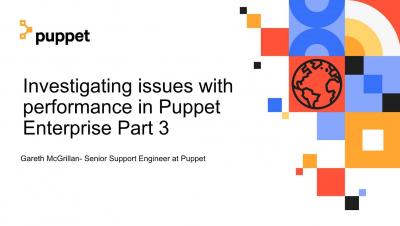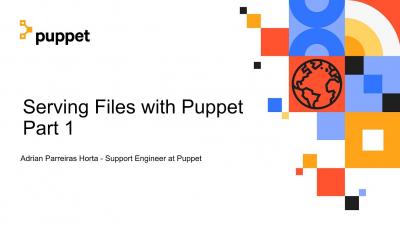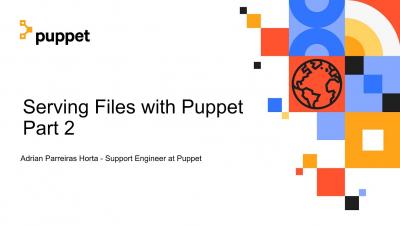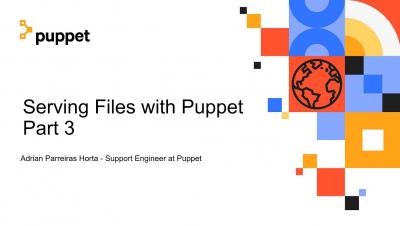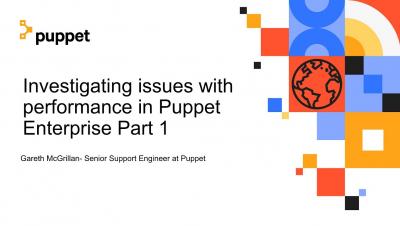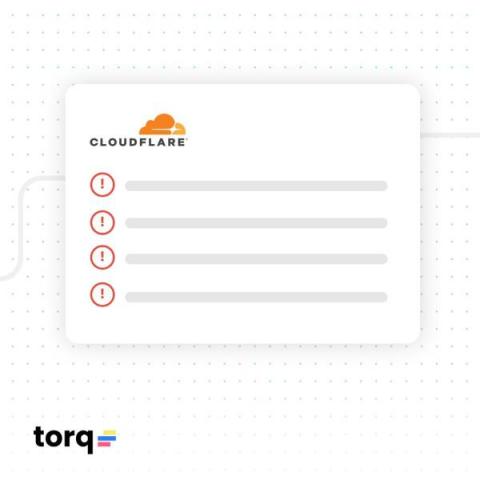Operations | Monitoring | ITSM | DevOps | Cloud
Automation
What Is Identity Lifecycle Management?
If you help to manage cloud environments, you’re probably familiar with the concept of identity lifecycle management. Identity lifecycle management helps you keep track of who is allowed to do what within your cloud. But merely understanding identity lifecycle management isn’t enough to administer modern cloud identities effectively. You also need a way to automate identity lifecycle management at massive scale.
Five Essential Ticketing Automations to Get You Started
Like all Ninja products, Ninja Ticketing gives users many opportunities to save time through automation. Setting up automations against a tabula rasa can be a daunting task when first getting started with ticketing. We wrote this blog post to help new users get started with common, helpful automations you can use from day one. This guide will provide step-by-step explanations and screenshots to show how to set up these automations.
Seamlessly Secure Your Cloud Workloads
You’ve secured your cloud identities. You’ve hardened your cloud security posture. You’ve configured strong cloud access controls. But there’s still one more thing you need in order to secure your cloud environment: a cloud workload protection platform, or CWPP. Cloud workload protection platforms secure the workloads that run on your cloud — which are distinct from the infrastructure, user identities and configurations that form the foundation of your cloud environment.
Investigating issues with performance in Puppet Enterprise, Part 3
Serving Files with Puppet - Part 1 - File Resource Source Attribute
Serving Files with Puppet - Part 2 - Implications and Performance
Serving Files with Puppet Part 3 - Summary
Investigating issues with performance in Puppet Enterprise, Part 1
Automatically Add IP Addresses to a Penalty Box in Cloudflare with Torq
Good security may come from strong defenses, but strong security comes from a good offense. This is especially true for network security, where minutes can make the difference between a breach and a near miss. For example, if an unknown IP address triggers an alert for suspicious or abusive behavior, the faster you can isolate and block that address, the less likely it is that the person or entity at the other end can do damage.






